Estonia is One of the Most Advanced E-Societies in the World
Fri 07 Oct 2016, 17:50:27
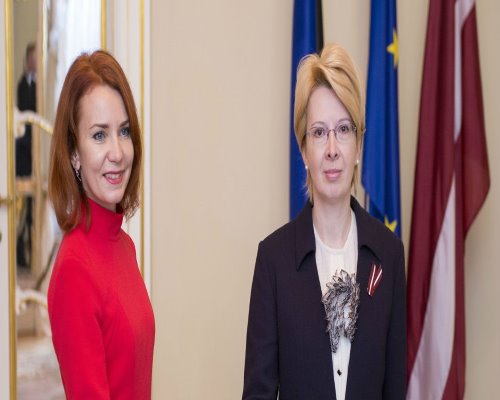
The standoff between the European Union (EU) and Russia over eastern Ukraine has not left Estonia unaffected. Sharing a 294-kilometer border with Russia, Estonia has felt threatened since Moscow increased its military presence in the region. The country is now looking for US and NATO backing to preclude the menace of a possible Russian aggression. Estonia’s airspace was violated by a Russian jet in December 2014, a charge that Russian officials vehemently denied. US President Barack Obama pledged in a speech in Tallinn that Estonia, Lithuania and Latvia will not lose their independence again.
Pioneering a globally-reputed program of e-government and e-citizenship, Estonia is a dynamic and flourishing economy of the EU, despite being the bloc’s eight smallest country . It joined the EU in 2004 and immediately adopted the euro as its currency. The Atlantic calls Estonia the world’s “most tech-savvy government.”
Estonian Foreign Minister Keit Pentus-Rosimannus talked to Fair Observer in an exclusive interview about a range of issues, including the country’s e-citizenship plans, its border disputes with Russia and its ties with Asian countries.
Kourosh Ziabari: It has been a few months since you started work as Estonian foreign minister. What are your most important priorities? Which region do you intend to cooperate and interact with more during your tenure? Estonia’s foreign policy has been traditionally pivoted on the development of relations with western European nations, the United States and NATO member states. Do you also have plans for boosting Estonia’s ties with other countries, including Middle Eastern ones and Asian powers such as Japan, India and South Korea?
Keit Pentus-Rosimannus: My past three months in office have been mostly influenced by the changed security situation in the close neighborhood of the European Union. Russian aggression in Ukraine that breached several key documents of European security, such as the OSCE Helsinki Final Act, has seriously compromised the overall security situation in Europe. It is clear that Russia bears major responsibility in that conflict by supplying arms, troops and equipment into the conflict zone. Many governments, including those further away from the actual conflict, have made strong statements reflecting their serious concern about these events. It is a pity that the UN Security Council has been unable to take a clear stance with regard to the ongoing atrocities, such as the recent killings of civilians in Mariupol by Russian-backed separatists.
As seen from the European Union’s perspective, on the one hand, it is important to make constant efforts along the political track in the coming months; and on the other hand, to continue restrictive measures such as individual and economic sanctions against Russia. I firmly believe such a double-track approach is most appropriate, given the situation at hand.
In addition to the Russia-Ukraine conflict, the alarming situation in the wider southern neighborhood of Europe has been constantly on my agenda. The rise of the terrorist group ISIL [Islamic State] in Iraq and Syria, their inhumane aims and means need a clear response from the international community. Estonia has joined the global coalition to counter ISIL and has provided assistance to the refugees in the region. Some developments in Africa have raised serious concerns, such as the ongoing instability in the Sahel region, as well as the situation in Libya.
Over the years, we have developed friendly and fruitful ties with many countries outside the Euro-Atlantic area. Asia has always been on our mind, and we have already had diplomatic representations in several Asian capitals for many years. Recently, we opened embassies in New Delhi and are doing so in Canberra. For some years we have had embassies in the Middle East and the bilateral exchanges are very active. Our ambassador in Cairo is accredited to the League of Arab States and the African Union. Last year, we opened our embassy in Brasilia, which is our first embassy in South America. In Asia, South America and Africa, we have expanded our network of honorary consuls and involved business delegations in visits whenever possible. In the economic realm, we are also working on developing various bilateral agreements, for example, to prevent double taxation.
In terms of development cooperation, our country went through a transformation phase ten years ago, when we transformed from being a recipient country to a donor country. Our experience from that transition period is that a scarcity of funds often forces one to be more innovative and effective in problem solving and finding sustainable solutions. That is how the government e-services systems have developed in Estonia.
In order to give non-residents the opportunity to use our secure e-services that have been accessible to Estonians for years already, we have recently launched e-residency. It is a state-issued secure digital identity for non-residents that allows digital authentication and the digital signing of documents.
Thanks to our own positive experience with e-governance solutions, we are now delighted to share our best practices with our development partner countries and other partners. Just to name some examples, Estonia is proud to be the facilitator of the E-Governance Center of Moldova; in Ukraine we supported the development of e-services in the local government of Ivano-Frankiewski together with Sweden; and we are currently committed to supporting the government of Ukraine in developing its broader e-governance system. We are also supporting the reform of public financial management and the State Treasury of Kyrgyzstan.
In addition to sharing our positive practices with development partners, we support creating the EU Digital Single Market. In order to do that and to develop a pan-European network of e-solutions, it is crucial for countries to take a similar technical and organizational environment such as our X-Road into use, which enables secure Internet-based data exchange between information systems.
Ziabari: You served for three years as the Estonian minister of environment. Is the European Union doing enough to tackle the crisis of global warming and address concerns emanating from climate change? EU leaders agreed to cut greenhouse gas emissions by 40% before 2030. With Europe’s growing energy demands in mind, is it realistic to expect that the goal for 40% will be met by the 2030 deadline?
Pentus-Rosimannus: The EU has shown leadership in being the first of the major economies to come out with an ambitious target. This shows our commitment to achieving an ambitious deal in Paris. The 2030 package is the most ambitious on the table from any major economy in the world. It is unique, as it sets out an economy-wide reduction target of at least 40% domestic reductions in greenhouse gas emissions by 2030 compared to 1990 — to be implemented through subsequent EU legislation. So you can be certain we will achieve it. This is in line with a cost-effective pathway to 80% domestic reduction on 1990 levels in 2050 — recommended by the Intergovernmental Panel on Climate Change, as necessary to achieve a likely chance of staying below 2 degrees. It is fully consistent with the latest findings in science. The EU has already cut our per capita CO2 emissions from 9 tons in 1990 to 7.5 tons today. Our 2030 package will cut our per capita CO2 emissions to less than 6 tons, putting us well on the way toward our goal of achieving 2 tons per capita by 2050. It will require a lot of effort, not least because we have already taken significant steps to become the most energy efficient economy in the world.
Our 2030 target will improve the greenhouse gas intensity of the EU economy by another 50% in the next two decades. It will require the EU to increase its share of electricity produced from renewable energy from around 22% today to over 45% by 2030. By 2030, it will reduce emissions in the electricity sector by more than 50% compared to 1990,
while increasing production by more than 20%. It will require significant investment: The additional impact of the proposed 2030 framework on top of the existing policies was estimated at €38 billion per year for the period 2011-2030.
while increasing production by more than 20%. It will require significant investment: The additional impact of the proposed 2030 framework on top of the existing policies was estimated at €38 billion per year for the period 2011-2030.
Ziabari: In his September 2014 visit to Tallinn, US President Barack Obama said before a large crowd of Estonians gathered at the Nordea Concert Hall that Estonia, Latvia and Lithuania had lost their independence once before, but with NATO, they will never lose it again. Was Obama implicitly talking about a possible threat from Russia? He pledged a great deal of financial assistance to fund the expansion of the infrastructure and mission of the Ämari Air Base. Do you consider the air base to be a necessity for countering the perceived Russian threat?
Pentus-Rosimannus: Estonia as a small and open nation highly values the unwavering commitment of the international community to the multilateral cooperation frameworks and the primacy of international law. Our security is primarily based on the collective defense commitment of NATO allies. The United States is an important ally indeed, both bilaterally and within NATO. The continued US presence in Europe is welcome and necessary. Given the recent developments in our neighborhood, it is only natural that for Estonia, the presence and visibility of our allies in the Baltic region is of key importance, and we see President Obama’s statement as part of this commitment.
We will continue to work together with US authorities in creating an Air Force Training Center in Ämari, which will open new opportunities for training and enhancing the region’s air forces. Ämari Air Base is an ideal place for becoming a regional US-Nordic-Baltic interoperability hub for enduring, long-term cooperation between the US, other NATO countries and the regional partners’ air forces.
Ziabari: Let’s talk about Estonia’s relations with Russia in more depth. There have been a number of events and incidents in recent years that embroiled Estonia in disputes and tension with Russia, most notably the abduction of a security officer, Eston Kohver; the reported violation of Estonia’s airspace by a Russian Air Force combat plane, which Russian officials strongly denied; and the nearly-failed border talks. First, would you please tell us why Russia has refused to ratify the 2005 state border and sea boundaries treaty with Estonia, which was negotiated in Moscow itself? And second, why do you think Estonia’s relations with Russia have become so problematic, despite the Russians being among the first to recognize Estonia’s independence?
Pentus-Rosimannus: The advancement of the ratification of the border treaties and their enforcement is in the interests of both Estonia and Russia. But so far, the Russian side has not taken any steps in starting the ratification process of the border treaties. The ratification bill has not been submitted to the State Duma yet. The Estonian parliament has completed the first reading of the ratification bill. We are looking forward to real steps on Russia’s part.
Relations between Estonia and Russia and the EU and Russia have deteriorated as a consequence of Russian aggression in Ukraine. Since the start of the Ukraine-Russian conflict and in response to Russian actions, the EU has applied a restricted relations policy toward Russia and imposed various sanctions. European Union foreign ministers held an extraordinary meeting in Brussels on January 29. We focused on the serious escalation of the situation in eastern Ukraine after the attack by Russian-controlled separatists in Mariupol on January 24, which claimed the lives of 30 people.
Russia’s continued aggressive behavior and failure to comply with its obligations must have consequences. The EU will continue its restricted policies toward Russia as long as necessary, and the sanctions policy must be continued in close coordination with transatlantic partners. Russia must fully implement its commitments under the Minsk Protocol and Memorandum and with full respect to Ukraine’s sovereignty and territorial integrity.
Bilateral contact between Estonia and Russia have been rather limited since the start of the Russia-Ukraine conflict. Diplomatic contact has continued, as well as contact on expert levels in some areas, for instance environmental cooperation.
We have noted an increase in activity near our borders. We have witnessed both air and sea border violations. Those kinds of incidents definitely do not build trust in our relations.
We remain very concerned about the abduction of Estonian police officer Mr. Eston Kohver on September 5, 2014. This act was carried out by the Russian security services on Estonian territory. The continued illegal detention of Mr. Kohver in Russia constitutes a clear and grave violation of international law. Despite repeated calls, this matter has not been resolved, and we continue our efforts to achieve his rapid release and return to Estonia. We continue to work to achieve his release and are grateful for wide international support.
Ziabari: The Ukrainian parliament recently voted for the annulment of a law that upheld the country’s non-participation in military alliances. This is considered a provocative decision by Russia. Are you in favor of Ukraine joining NATO, even though a NATO spokesman has said that accession talks may last several years? Won’t it contribute to the further exacerbation of tension between Russia and the European Union?
Pentus-Rosimannus: According to the principles of European security, every nation has the inalienable right to be part of political or military alliances. Every country has the right to freely choose its allies. Ukraine’s leadership has, in the past, expressed its wish to become closer to the Euro-Atlantic community. NATO, on its part, has maintained a longstanding open-door policy that is still in effect. The request for membership can only be made by Ukraine itself and acknowledged by the Ukrainian government, which represents the interests of the people and has taken the direction of further integration with Europe. No third country has the right to influence Ukraine on this matter.
The alliance has unanimously supported Ukraine’s sovereignty, independence and territorial integrity. NATO has strongly condemned Russia’s actions in eastern Ukraine and the illegal annexation of the Crimean Peninsula, which NATO will never recognize.
Ziabari: Do you think that countries such as Turkey, Albania, Serbia, Macedonia, and Bosnia and Herzegovina meet the criteria to be considered for EU membership? Are you generally in favor of the EU’s enlargement, especially eastwards? I noted that during your trip to Georgia, you termed the country to be an important EU partner and said it has implemented significant reforms on its road toward the European Union and NATO. Do such countries, which many people at the EU do not consider “adequately European,” have any chances of joining the union?
Pentus-Rosimannus: We support the continuation of the European Union’s open-door policy so nations that share common values and principles with our member states can be included in the union. EU enlargement must happen on the basis of firm but fair conditionality and the principle of countries proceeding on their own merits.
The Riga Summit, to be held this spring, should give Eastern Partnership countries that have done their homework a clear message of the European perspective. Hopefully during that same summit, a decision can also be made concerning visa-free travel between Georgia and the European Union.
Estonia’s support of the accession of the western Balkan countries remains firm. We hope that Croatia’s accession to the European Union is a positive sign to the entire western Balkan region.
We are continuing with training programs for the eastern partners, and [we] have established an Eastern Partnership training center in Tallinn to share our transition experiences with other countries to provide effective aid to countries in growing closer to the European Union and in developing democracy and building up the rule of law.
Ziabari: During the OSCE ministerial meeting in Basel in early December, you referred to the Nagorno-Karabakh conflict as one of the concerns undermining the security and stability of Europe. Nagorno-Karabakh, in terms of its ethnic composition, is mostly populated by Armenians, who make up 95% of the enclave’s population. However, the United Nations consider Nagorno-Karabakh as part of the Republic of Azerbaijan’s territory. The conflict between Azerbaijan and Armenia continues to this day and no viable solution has been presented on how to put an end to hostilities. What do you think is the best resolution to this longstanding conflict? Do you agree with foreign intervention in favor of a certain party?
Pentus-Rosimannus: We are indeed deeply concerned about the possible escalation of the situation and what effects it will have on cooperation between the EU and the region. We expect the counterparts of the conflict to be more willing to find a solution and to avoid any provocations and aggressive rhetoric. The solution to the conflict must be found by the counterparts themselves. We cannot offer any solutions and neither do we support intervening in favor of one side.
We recognize Azerbaijan’s territorial integrity. In our view, the only way to solve the problem is to do it peacefully — we do not consider any military action acceptable. We believe that the format of the OSCE Minsk Group gives both sides the possibility to communicate with each other. Even if a solution is not found immediately, dialogue must continue. We are glad that bilateral talks and communication between Armenia and Azerbaijan have recovered since 2013. It is important for the counterparts to take action in building and recovering mutual trust, and to support confidence-building measures and engagement policy.
We support the close contacts and mediation activities carried out by the EU’s special representative in the southern Caucasus region and by the co-chairs of the OSCE Minsk Group with the conflict counterparts. We also support the European Union and OSCE’s coordinated cooperation effort to avoid escalation of the conflict. It would be a positive step forward if the mediators could have continuous legal access to Nagorno-Karabakh and other disputable areas around it. The only thing in our power is to encourage dialogue and avoid an escalation of the conflict.
No Comments For This Post, Be first to write a Comment.
Most viewed from Specials
Most viewed from World
AIMIM News
Latest Urdu News
Most Viewed
May 26, 2020
Can Lionel Messi's visit boost Indian football?
Latest Videos View All
Like Us
Home
About Us
Advertise With Us
All Polls
Epaper Archives
Privacy Policy
Contact Us
Download Etemaad App
© 2026 Etemaad Daily News, All Rights Reserved.

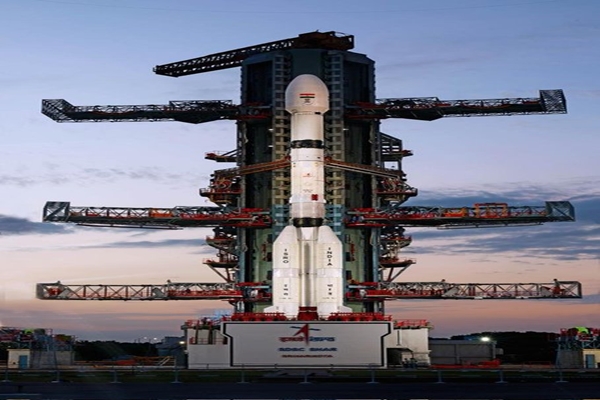
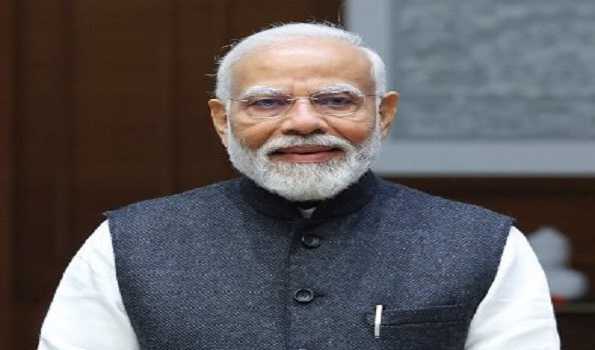
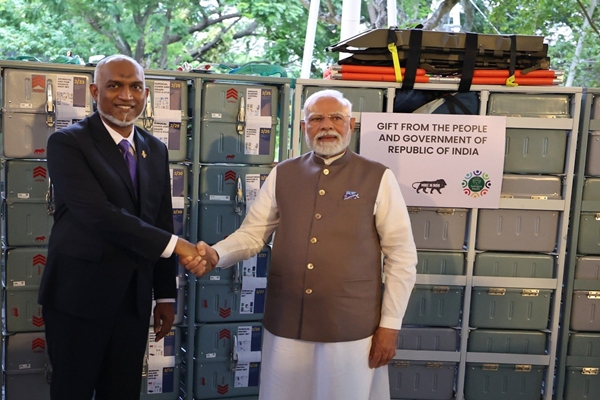
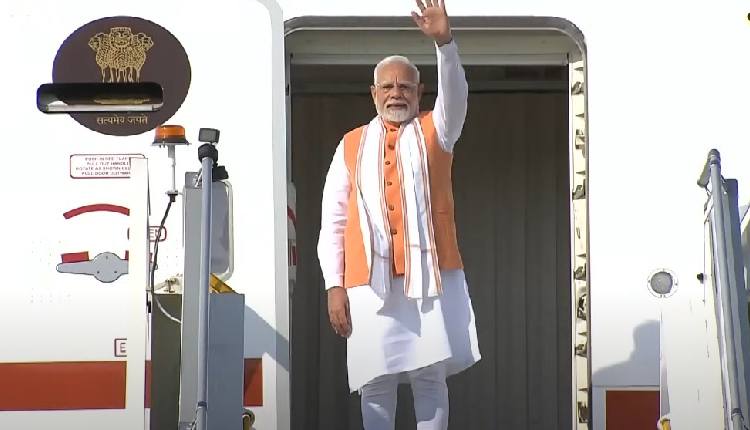
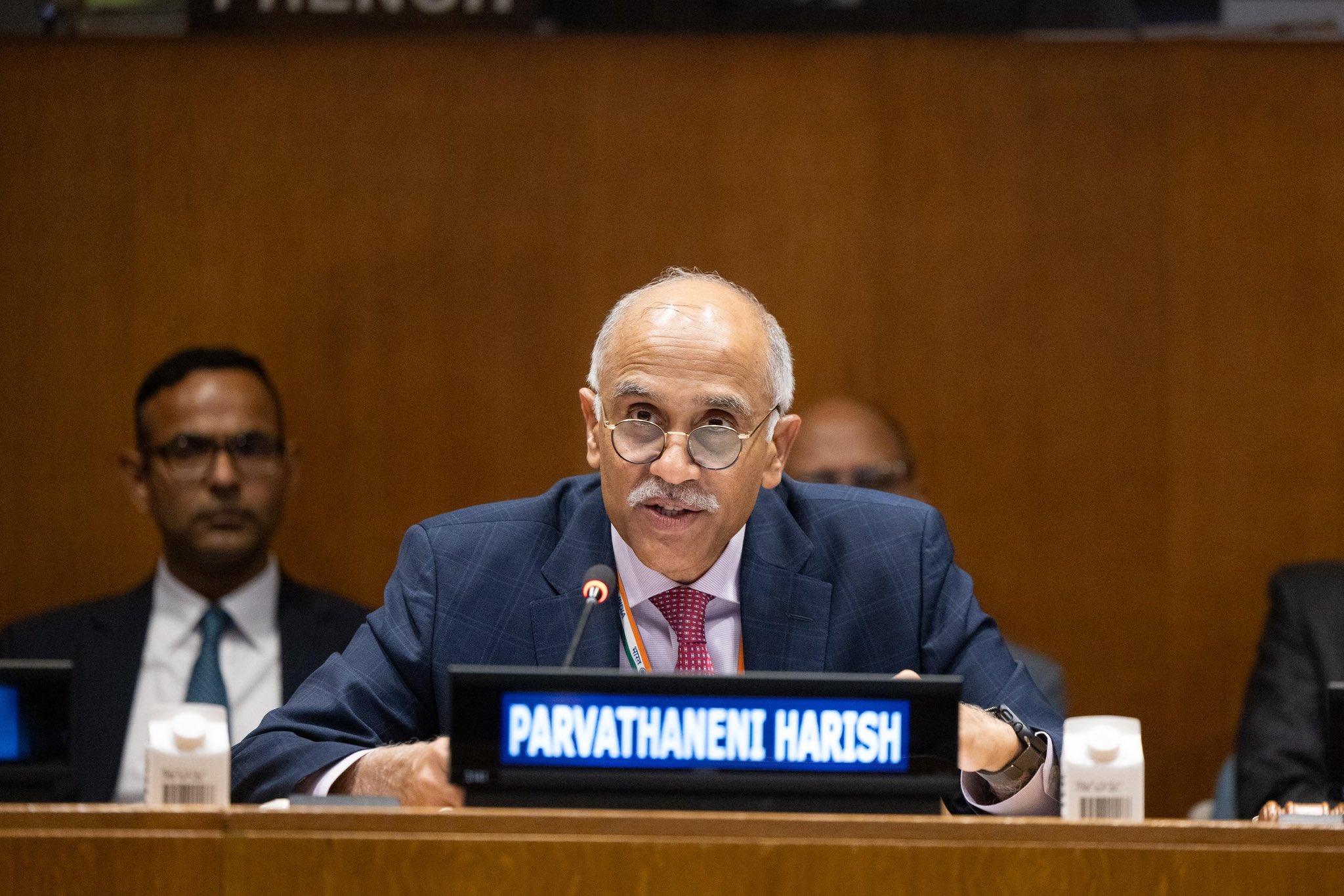
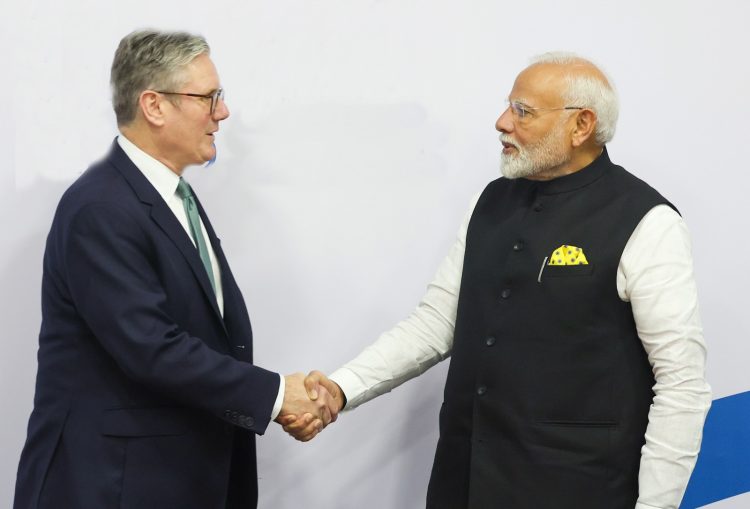
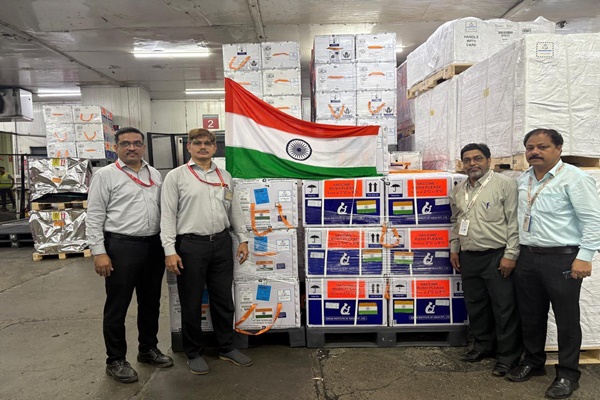
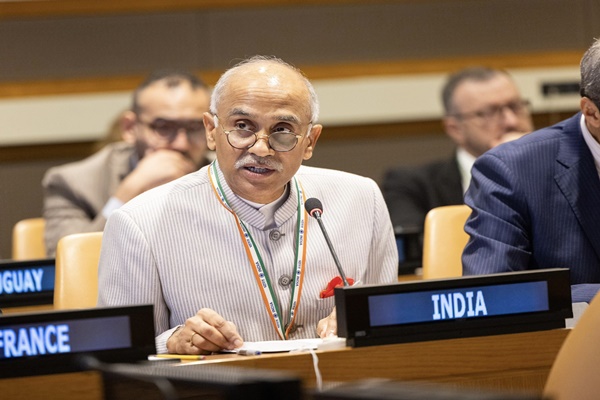
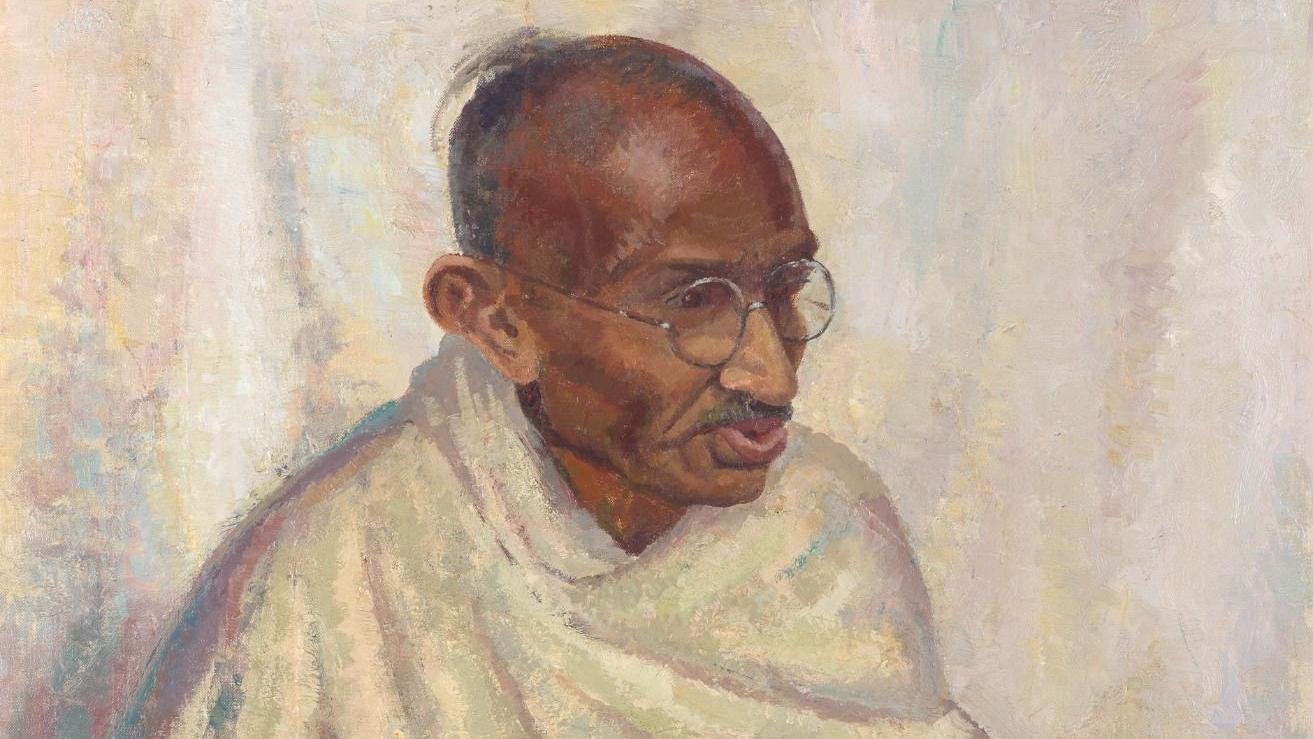
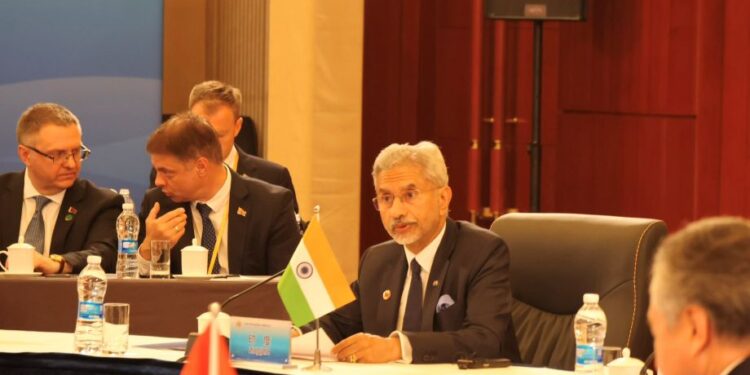
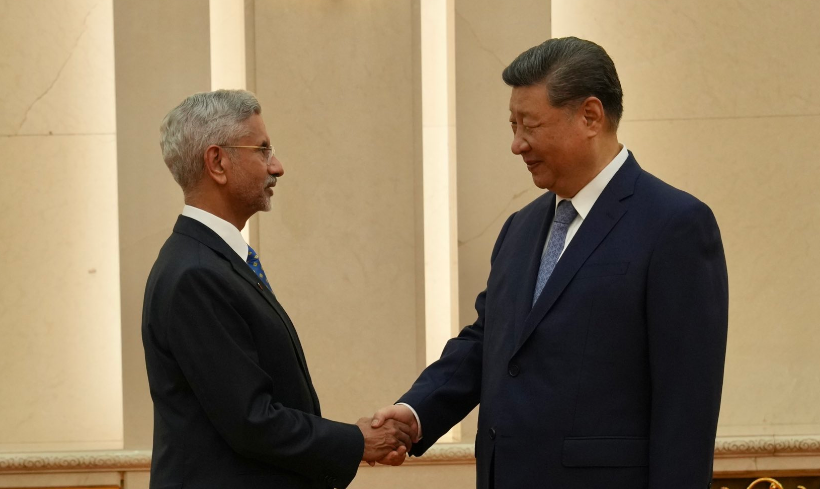
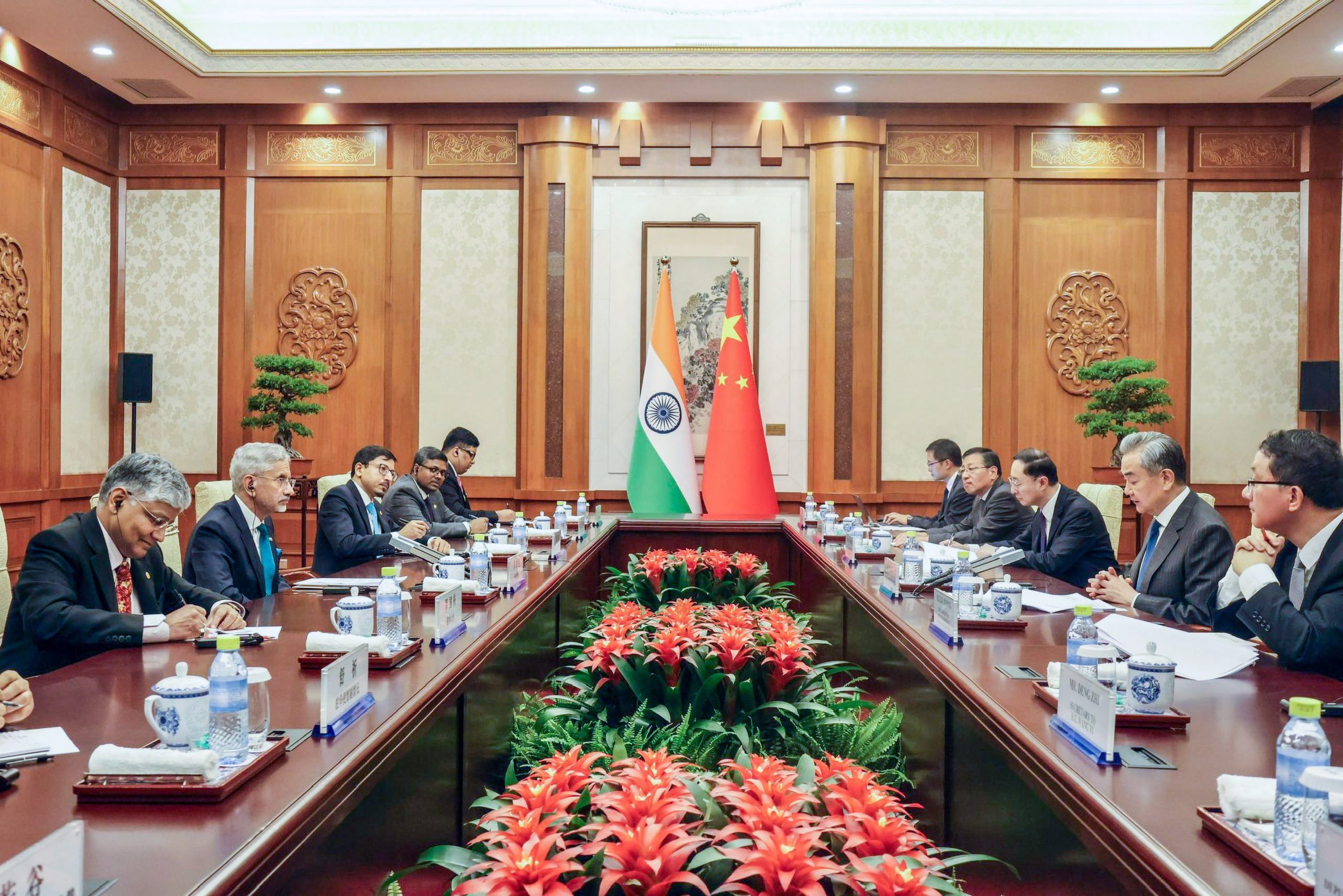
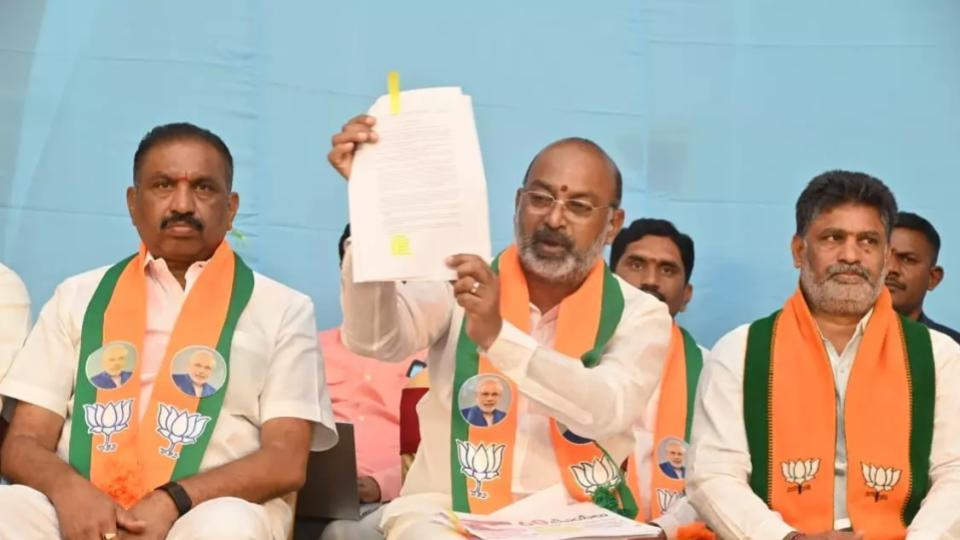
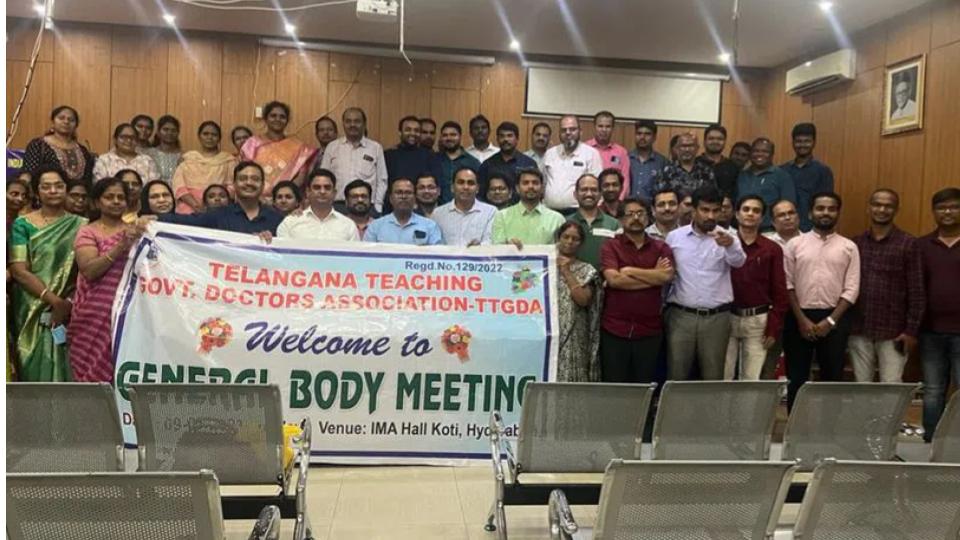

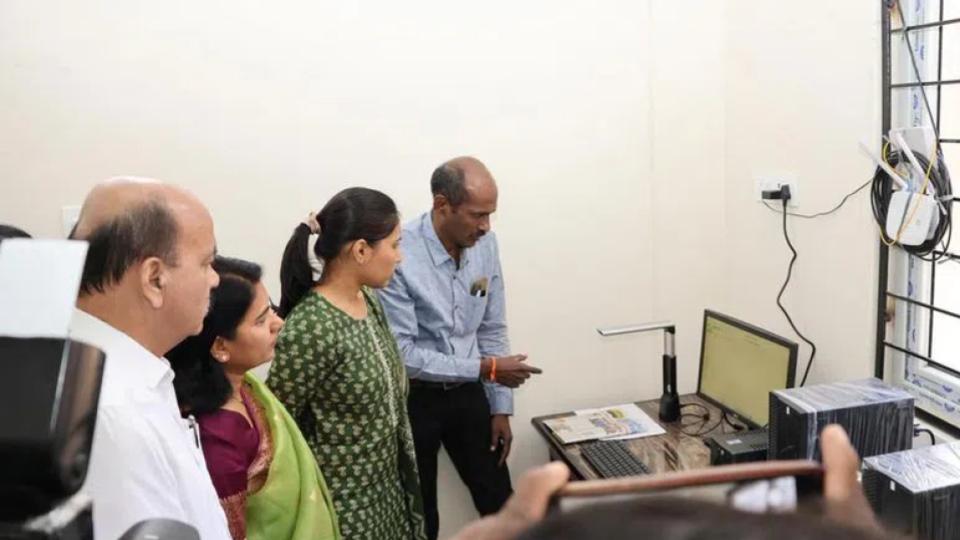
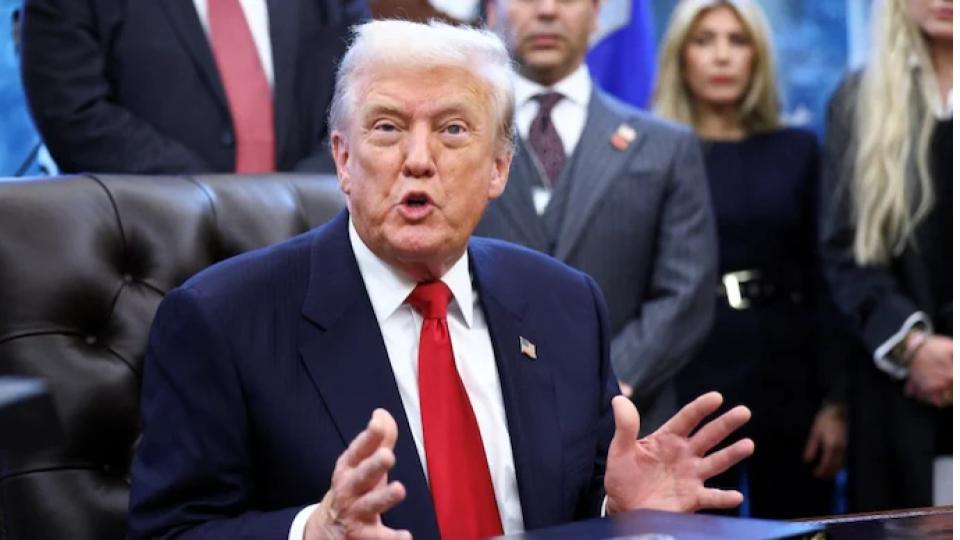
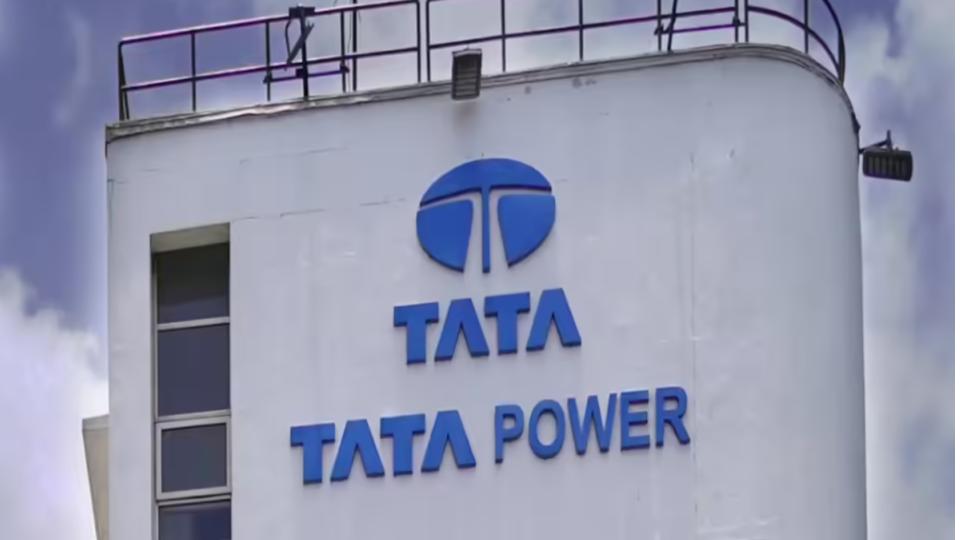


















.jpg)
.jpg)
.jpg)


